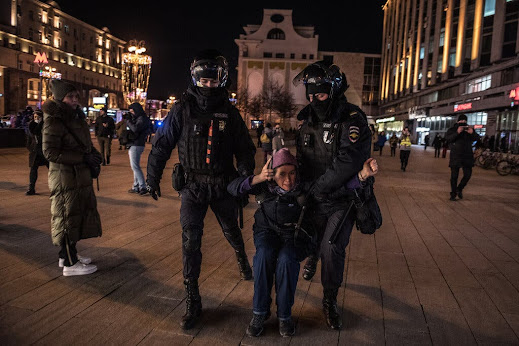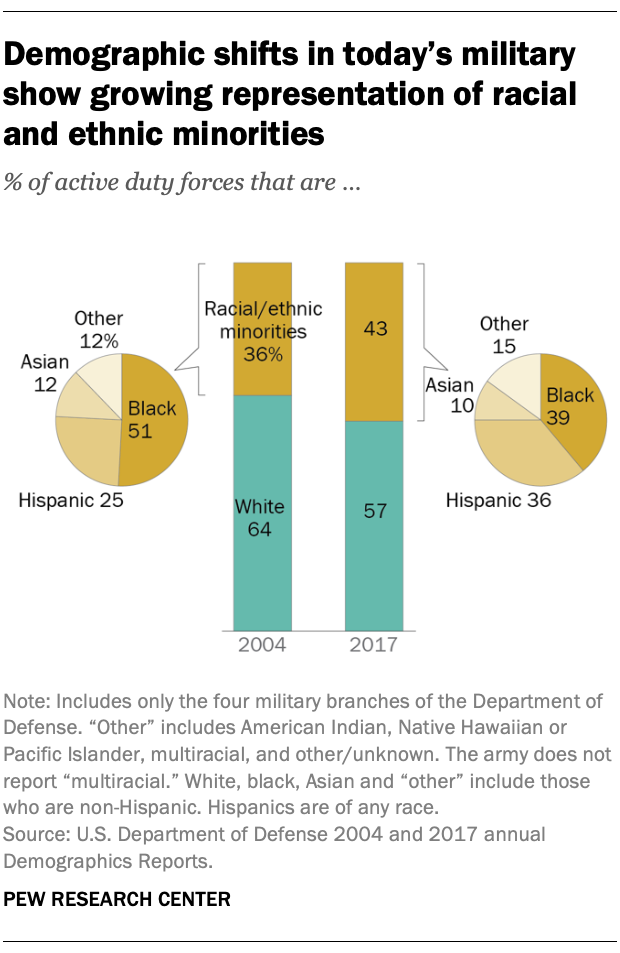MOSCOW — Russian President Vladimir Putin called Friday for the “normalization” of relations with other states, saying Moscow has “absolutely no ill intentions with regard to our neighbors.” .... He said Russia saw no need to aggravate tensions with other countries, claiming that Moscow’s actions in Ukraine came only “in response to unfriendly actions toward Russia.”
NEAR THE UKRAINE BORDER — Javelin antitank missiles, the American-made weapons that can destroy Russian tanks, are stacked in steel racks awaiting quick shipment into Ukraine. A giant C-17 transport is parked on a nearby runway.
This is what American and NATO support for Ukraine looks like. Every day, 14 widebody jets are landing here to deliver Javelins, Stinger antiaircraft missiles and other weapons for the Ukrainians. A half-dozen of these daily arrivals are American planes.Watching the Javelins move toward the battlefield Friday is the clearest demonstration of the delicate balance that the United States and its allies are trying to strike in the Ukraine war. They are rushing deliveries of weapons to help Ukraine defend itself against Russian attackers. But U.S. and NATO troops are staying safely across the border, determined to avoid a direct military confrontation with Russia that could turn this into a cataclysmic world war.
On Thursday, the pillars of Russia’s independent broadcast media collapsed under pressure from the state. Echo of Moscow, the freewheeling radio station founded by Soviet dissidents in 1990 and that symbolized Russia’s new freedoms, was “liquidated” by its board. TV Rain, the youthful independent television station that calls itself “the optimistic channel” said it would suspend operations indefinitely.
And Dmitri A. Muratov, the journalist who shared the Nobel Peace Prize last year, said that his newspaper Novaya Gazeta, which survived the murders of six of its journalists, could be on the verge of shutting down as well.
“Everything that’s not propaganda is being eliminated,” Mr. Muratov said.
Precipitating the outlets’ demise were plans by the Russian Parliament to take up legislation on Friday that would make news considered “fakes” about Russia’s war in Ukraine punishable by yearslong prison terms. The Russian authorities have already made it clear that the very act of calling it a “war” — the Kremlin prefers the term “special military operation” — is considered disinformation.
“We’re going to punish those who spread panic using fakes by up to 15 years,” a senior lawmaker, Sholban Kara-ool, said on Thursday. During World War II, he said, such people “were shot on the spot.”
Mr. Putin appeared unbowed by the crisis and the Western furor. He told President Emmanuel Macron of France in a phone call that his aim of securing “the demilitarization and neutral status of Ukraine” would be “achieved no matter what,” according to the Kremlin.
Yet as the world faces one of its most serious geopolitical crises since the end of the Cold War, China let down its digital defenses and allowed Kremlin’s propaganda machine to help shape public perception of the war. No wonder the Chinese internet is overwhelmingly pro-Russia, pro-war and pro-Putin.If China wants to remain officially ambiguous about whether it supports Vladimir V. Putin’s war — refusing to call it an invasion and abstaining from a U.N. vote to condemn the invasion — its state-controlled media nonetheless makes very clear where China stands.The China-Russia information alliance is forged over a shared worldview of two leaders, Xi Jinping and Vladimir V. Putin, who, out of deep distrust of the United States, are determined to challenge the West’s dominance in the competition for public opinion.
In a 2013 speech, Mr. Xi urged the country’s propaganda workers to enhance the country’s “international discourse power” under the notion of “telling China’s story well.” During a visit to RT’s headquarters in the same year, Mr. Putin said the network was created to “break the Anglo-Saxon monopoly on the global information streams.”
The message they are trying to drive home: Russia’s military actions are anti-West, anti-NATO expansion and anti-Nazi — thus justified and popular.
In China’s state media, there’s very little about the international condemnation of Russia; Ukraine’s success in the battle for public opinion, led by President Zelensky; or antiwar protests in Russia.





